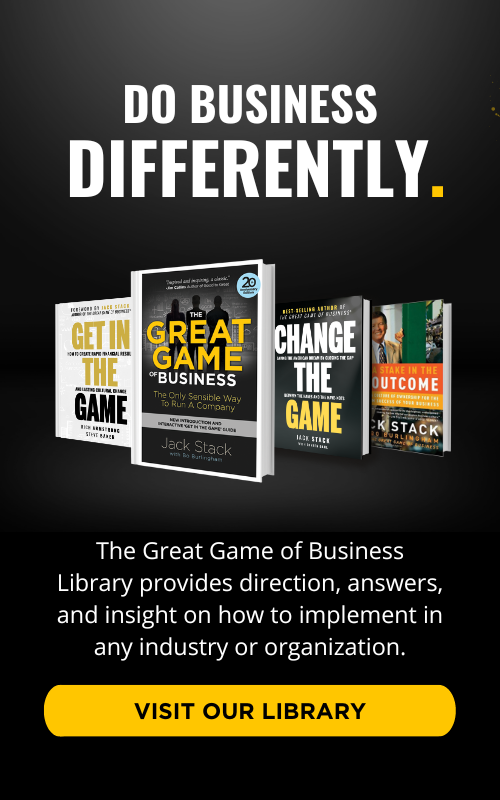After 26 years in business, I continue to be humbled by how much I still need to learn. For example, an area where I felt I could give myself a strong “A” grade as a leader would have been how I have always cared for my colleagues. When my partners and I decided to sell our company to an ESOP trust, it was largely to benefit our people and protect our unique culture. We had several chances to sell the business to competitors or private equity firms, but we were convinced that these were not the best choices if we wanted to maintain our strong culture and reward those who helped us build the business.
Read More
I’ve wondered for a long time about whether leaders are born—or can they be made? I’ve seen a lot of so-called leaders come and go over the course of my decades of covering business as a journalist. One of my takeaways has always been that anyone using a position of authority or a big fancy title to tell people to do something doesn’t count as leading. That’s just top-down management. And, if I’ve learned anything from Jack Stack at SRC, it’s that people don’t want to be managed; they want to be led and inspired.
Read More
Leaders can drive employee resilience, productivity, and engagement by actualizing one thing: hope. Instilling hope in your employees isn’t a one-and-done event. It’s not a mid-week seminar. It’s something you do every day to uplift your organization’s climate. In today’s post, we’ll cover simple ways to deeply embed hope in the workplace.
Read More
Like so many workers leaving their positions during The Great Resignation, I wanted it all. Higher pay, remote work, and a flexible schedule were options my former position in a non-profit couldn't offer, so I accepted a new job I knew had these benefits. But here's the plot twist: After six months in my new role, I'm on the move again. As it turns out, I value a company's culture just as much as I value flexibility. The non-profits I left (after five years) offered an incredible culture that my new job lacked.
Read More
Most companies spend countless hours working on strategy, sales and growth plans, financial plans, and 5-year forecasts, also known as HIP (High-Involvement Planning™). They have numerous spreadsheets, presentations, and market data to support their plan. They bring in macro and micro-financial gurus to validate their information. The board approves the plan, and everything is ready to go. Wait a minute. The company forgot to answer the most important question. Who will be responsible/accountable for making sure this gets accomplished? Do we have enough capable and available leaders to grow the top and bottom line 10%? Who is going to open and manage the new locations or the acquisition? Who is going to lead the new product launch? Good question/s.
Read More
At a recent client planning session, the CEO was participating in a discussion about strategy, which led to a challenging question on the overall business model. ‘Should we remain more operationally focused, or redesign to be more outwardly “sales”-focused?’ It was an interesting question for sure, and the discussion yielded many new ideas. But the most interesting part of the exercise for me was watching the team interact with each other in an intense debate over well-established norms in the business and whether or not to continue with the status quo or disrupt and rebuild with a new business model concept. The CEO encouraged each team member to think strategically and not defend their own respective roles. He quietly encouraged each leadership team member to argue for and then against each of the critical points in the discussion. The result was a redesign of the company and a complete agreement on how they will operate going forward.
Read More
You never thought you’d be here–navigating your business through a global pandemic that has changed nearly everything about the way we work. You’ve learned to cope with the quarantines, the safety protocols and the financial uncertainty. Still, now you’re facing one more potential pivot: the switch to a hybrid or fully remote workforce. You’re thinking: What happens when my employees are no longer together as a team? Will they lose motivation? Will communication break down? Will our bottom line suffer? Maybe you’re already experiencing some of these issues–but it doesn’t have to be this way. The core principles of the Great Game of Business®–educating and empowering employees to think and act like owners, and engaging them by giving them a Stake in the Outcome®—can help eliminate the risk of disengagement that comes with remote work.
Read More
One of the most critical values that ITR Economics provides is removing the emotion from your business planning. Every business leader faces ever-daunting questions, such as “is this the right decision?” or “is this the right time?” or “how can I be sure?” To help with the psychological aspects of managing a business, ITR has created a roadmap based on the Business Cycle. They’ve divided the Business Cycle into four phases and have designated specific business practices for each phase.
Read More
Things were looking up there for a while, weren’t they? At least the long-term forecasts still look strong. But this omicron variant is causing us to tear our hair out, worrying about the health and safety of our people (let alone our loved ones at home). Just this past week, we saw 82 of our associates call in sick—that’s 5% of our company. Just as bad, something like 8% of our company has tested positive for the virus in January. Then, we got hit with the news that our school system was shutting down for a week or more because of the incredible wave of infections ripping through our community. That means we have parents forced to stay home or find childcare options at the last minute, which just puts enormous stress on everyone.
Read More
Are you a leader? Before you answer that question, consider … there’s a big difference between management and workplace leadership. Try this quote on for size: “Management is efficiency in climbing the ladder of success; leadership determines whether the ladder is leaning against the right wall.” – Stephen Covey
Read More

.png)

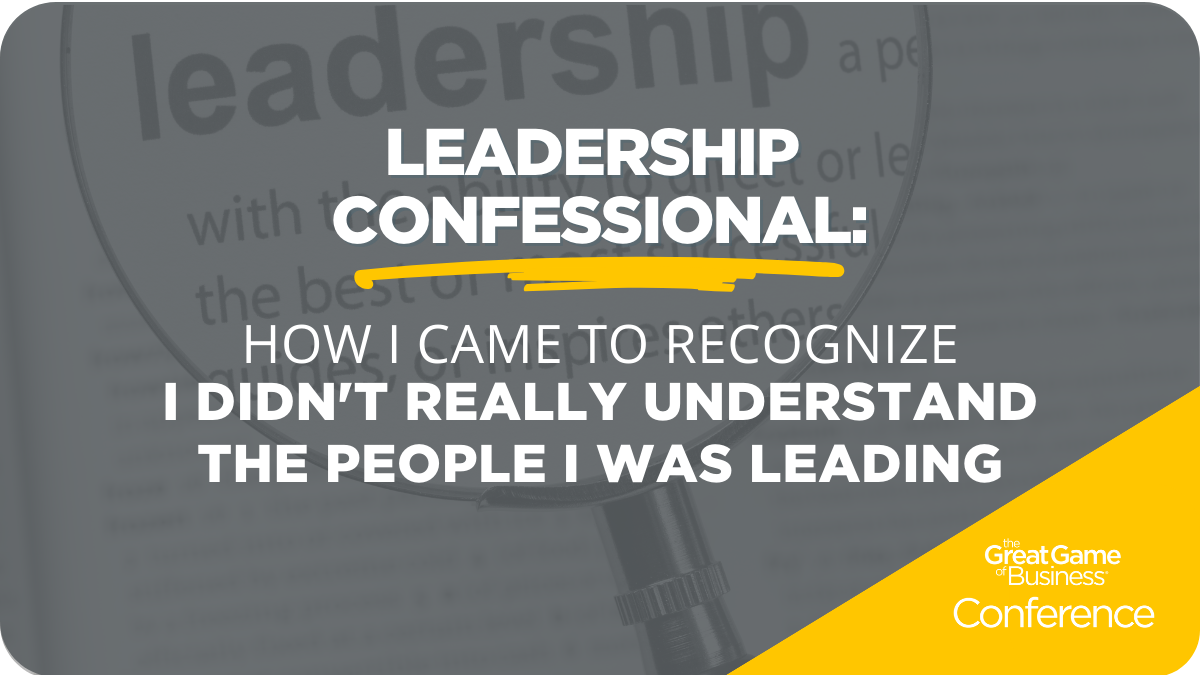
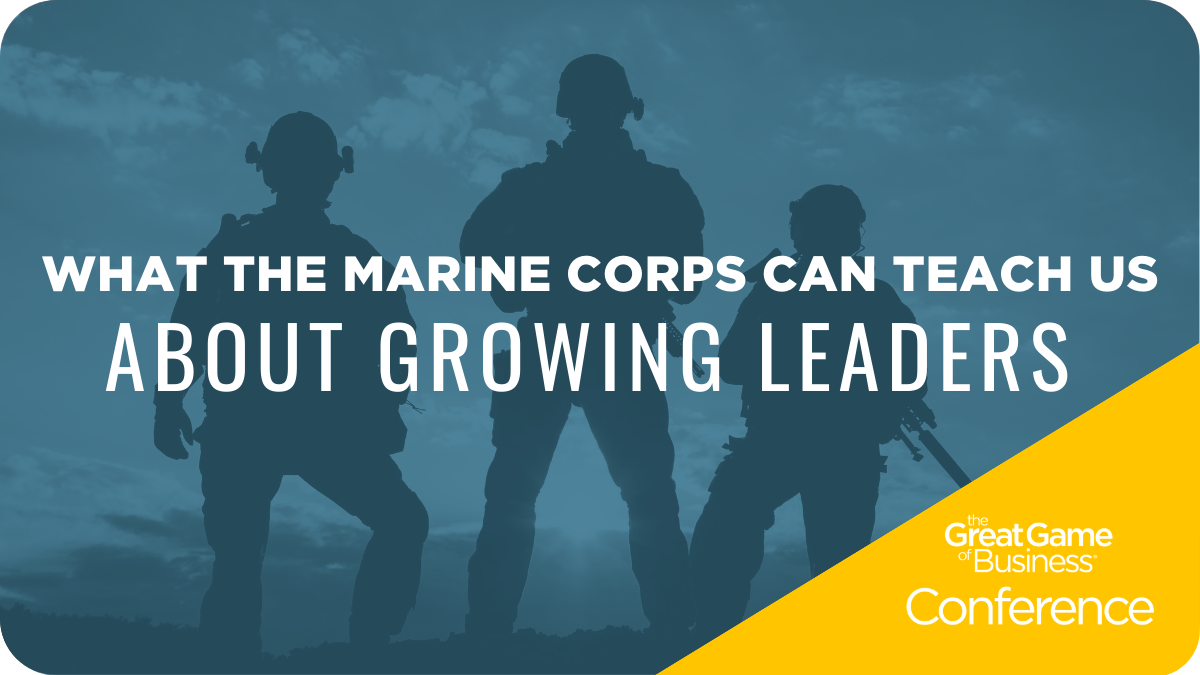
.png)
.png)


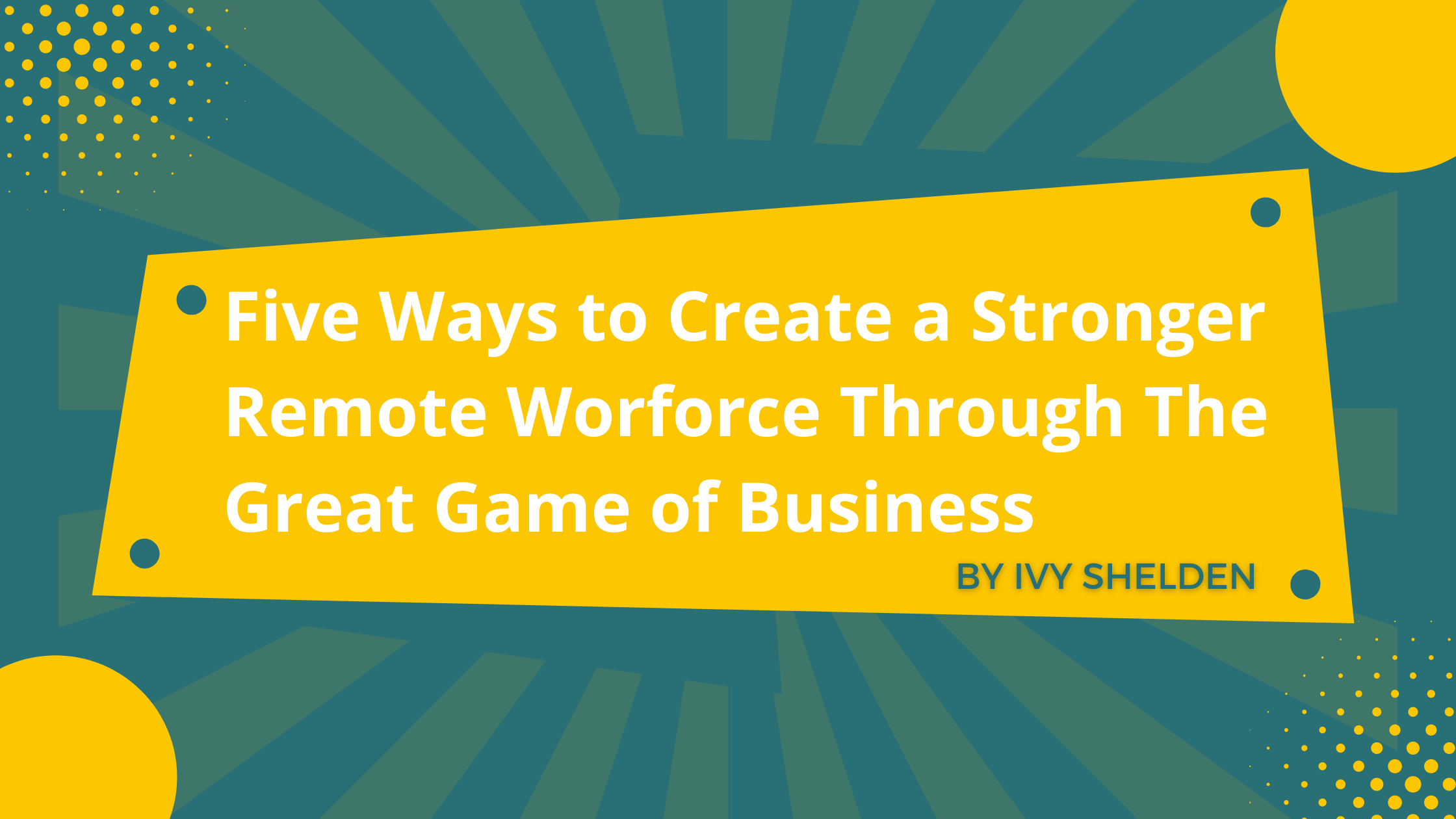

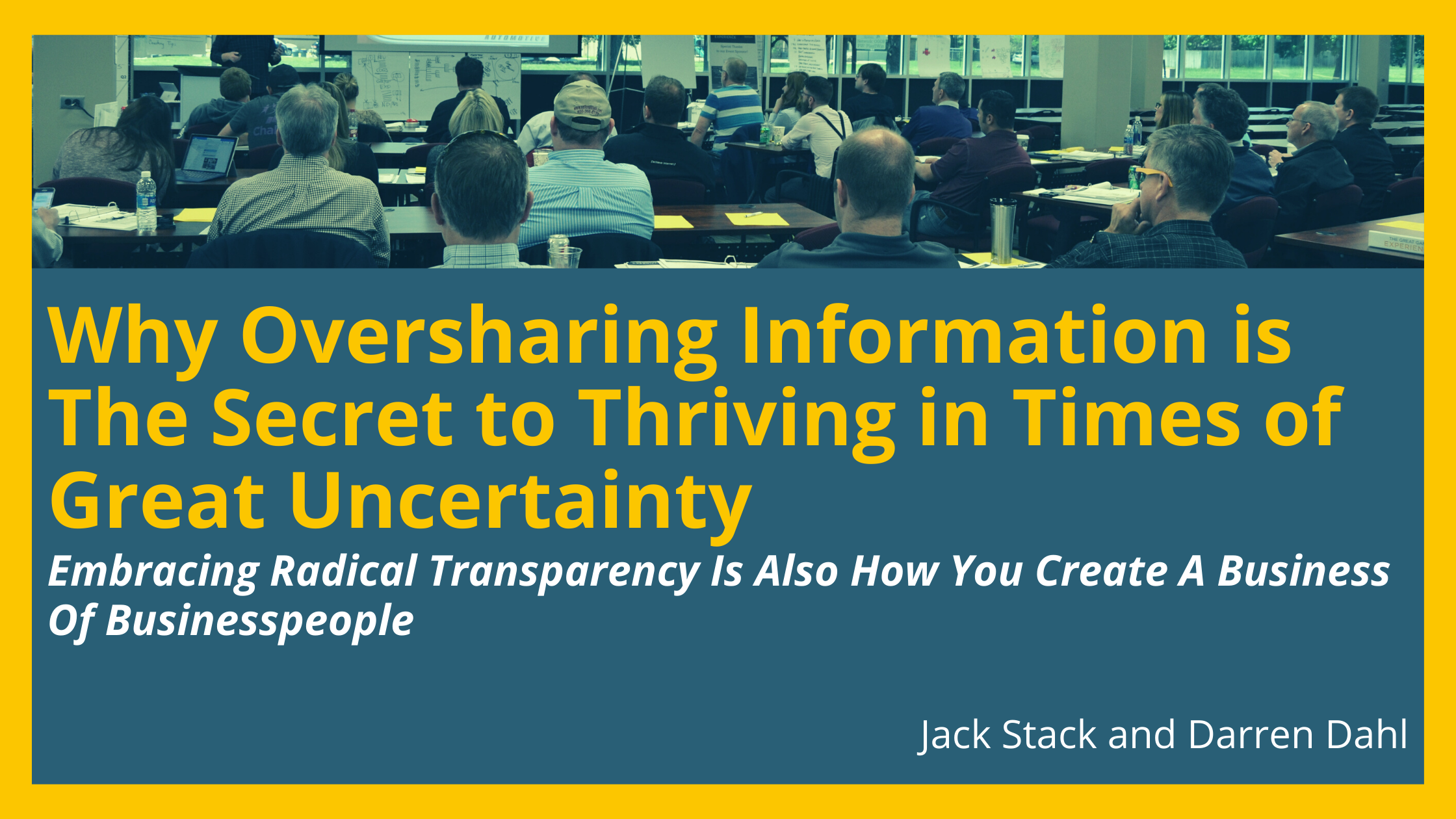
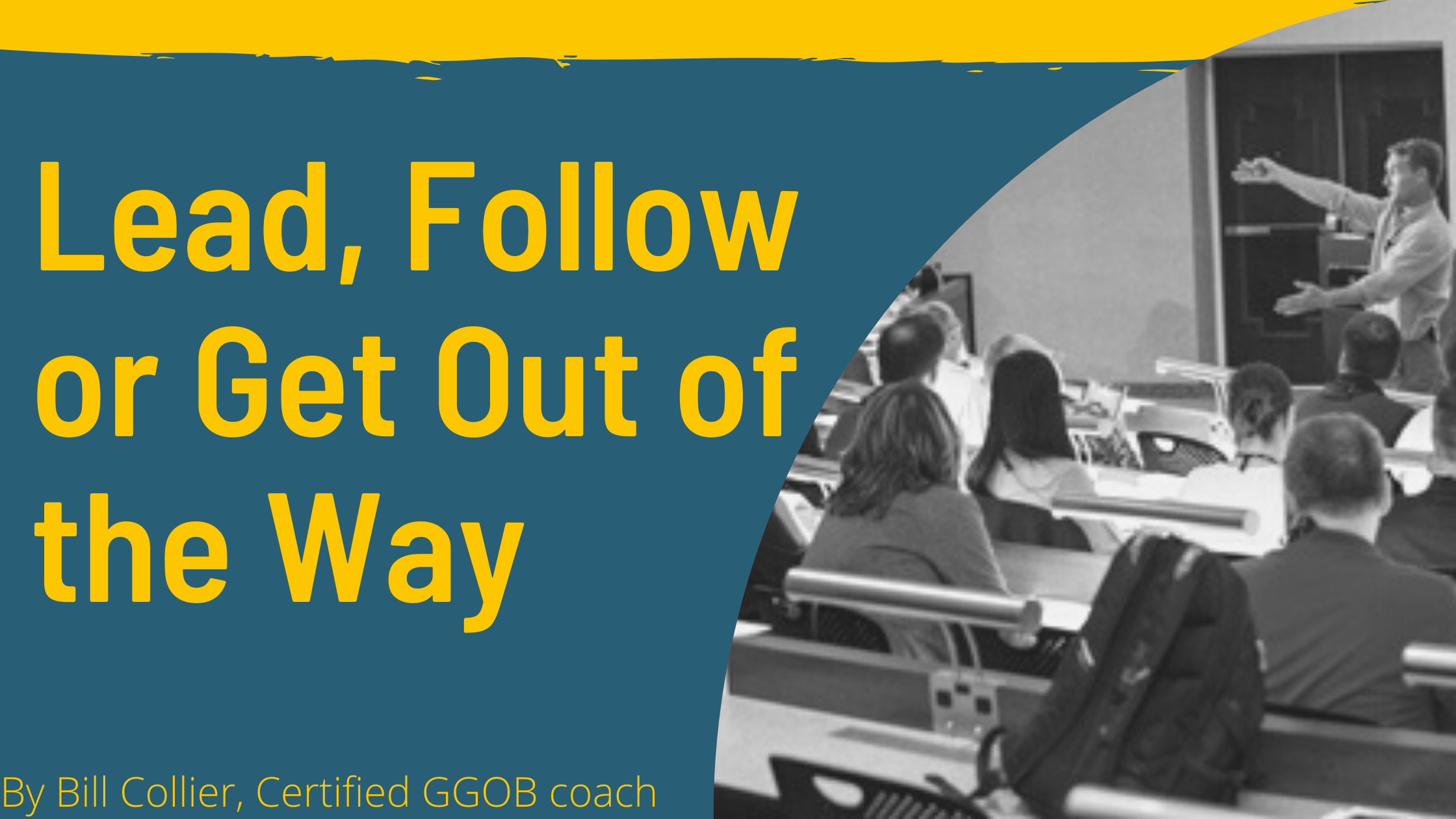




.png)




-5.png)
